Kurdistan Workers' Party claims deadly Ankara attack
ONE MAN'S TERRORIST IS ANOTHER WOMAN'S ARMED STRUGGLE
The PKK has claimed responsibility for this week's attack on Turkish defense firm TUSAS that killed five people in Ankara, the militant group said in a statement.
Turkish President Erdogan has condemned the 'cowardly' attack
Image: AP/picture alliance
The Kurdistan Workers' Party (PKK) on Friday claimed an attack on a state-run Turkish defense firm in Ankara that killed five people and wounded 22 others earlier this week.
Two assailants carried out Wednesday's onslaught with automatic rifles and explosives on the headquarters of Turkish Aerospace Industries (TAI) in the Turkish capital.
"The act of sacrifice at TAI campus in Ankara at around 15:30 local time on Wednesday was carried out by a team of the immortals battalion" of the PKK, it said on Telegram, referring to Turkish Aerospace Industries.
Previously, the Turkish government had said it had proof the PKK was responsible while President Recep Tayyip Erdogan said the attack targeted "the survival of our country."
Turkey responds by striking PKK targets
A few hours after Wednesday's assault, the Turkish government launched airstrikes on PKK targets in northern Iraq and Syria. The PKK has its headquarters in the Kandil Mountains in northern Iraq.
The group has waged an on-off insurgency against the Turkish state since 1984 and is regarded as a terror group by Turkey, the United States and the European Union.
Turkey blames Kurdish group for attack on defense firm 01:54
In 2011 President Erdogan supported backchannel peace efforts in a bid to resolve the issue but the fragile truce collapsed in 2015 in a fresh round of violence.
This prompted Erdogan's AKP government along with its junior partner, the far-right MHP, to change tack, ramping up military pressure on the Kurdish rebels.
jsi/wd (AFP, dpa, Reuters)
Turkey: Burials before possible talks with jailed PKK leader
Turkey has said it struck numerous PKK cells in response to a Wednesday terror attack in Ankara.
Meanwhile, a deal could be in the works to free PKK leader Abdullah Ocalan if he vows to disband the group.
Victims of Wednesday's attack in Ankara were being buried as Turkish forces pummeled PKK sites in Syria and IraqImage: Adem Altan/AFP
Turkish officials attended the burials of five people killed in a terror attack Wednesday as Ankara responded by bombing numerous targets hours later.
At the same time, there are indications that jailed Kurdistan Workers' Party (PKK) leader Abdullah Ocalan may be willing to renounce violence against the Turkish state and disband his organization.
The Wednesday attack targeted state-owned Turkish Aerospace Industries (TAI), killing five and injuring 22. Officials claimed it was "very likely” that the PKK was behind the incident.
Turkey announced that its forces had hit "47 terrorist targets” in Syria and Iraq overnight and pledged more attacks would follow.
Turkey, the EU and the US all label the PKK a terrorist organization.
Speaking from the BRICS summit in Russia, Turkish President Recep Tayyip Erdogan said Wednesday's attack had only "strengthened Turkey's determination and resolve to eliminate terrorism."
Ocalan ready for a change after 25 years of solitary confinement?
All of this has played out against the backdrop of possible talks between Ankara and the jailed leader of the PKK, Abdullah Ocalan.
Ocalan, who co-founded the group, has been in solitary confinement at Istanbul's Imrali island prison since 1999.
On Tuesday, Devlet Bahceli, an ally of Erdogan and the leader of the far-right Nationalist Movement Party (MHP), suggested possible parole for Ocalan if he would renounce violence and disband the PKK.
Ocalan is serving a life sentence and was granted his first visit in more than four years this week.
After the visit, Ocalan's nephew Omer, a lawyer for the pro-Kurdish Peoples' Equity and Democracy Party (DEM) — the third largest party in Turkey's parliament — said his uncle was "in good health."
He also reported that Ocalan had given him a message, saying, "if conditions allow, I have the necessary theoretical and practical power to shift this process from the arena of conflict and violence to one of law and politics."
Media sources close to the government reported Ocalan as saying that he was, "ready to lay down his arms."
The DEM, whose support Erdogan needs if he is to see through his plan to change the Turkish constitution to allow himself to remain in power indefinitely, condemned Wednesday's attack, pointing out that it had come at a time when, "Turkish society was talking about a solution and the possibility of dialogue."
The most recent attempt at peace talks between the two sides failed in 2015, opening a bloody new chapter in a conflict that began in 1984.
The fight to establish an autonomous Kurdish state has claimed tens of thousands of lives since it began 40 years ago.
js/lo (AFP, dpa, Reuters)
Turkey buries attack victims after striking PKK
Ankara (AFP) – Turkey said it had proof that PKK militants were behind the deadly Ankara attack that claimed the lives of five people who were laid to rest Thursday after an emotional farewell.

The coffin of Murat Arslan, the taxi driver killed in Wednesday's attack, was carried by Interior Minister Ali Yerlikaya, left, and parliamentary speaker Numan Kurtulmus
© Adem ALTAN / AFP
Wednesday's shooting attack at the state-run Turkish Aerospace Industries (TAI) came after days in which the government appeared to be leaning towards a resumption of dialogue with Kurdish militants.
After government ministers said they were "very likely" responsible, the military pounded PKK targets in Syria and Iraq overnight in raids that Kurdish militants in Syria said left 12 civilians dead.
And on Thursday investigators confirmed that both attackers, a man and a woman, were "PKK terrorists", Interior Minister Ali Yerlikaya wrote on X.
Both appeared in CCTV images posted on X in which they are seen emerging from a taxi then firing assault rifles before entering the building in an attack that killed five and wounded 22 others.

Family members mourn the death of taxi driver Murat Arslan who was killed during Wednesday's attack on the TAI defence firm © Adem ALTAN / AFP
After flying in from Russia where he had attended the BRICS summit of major emerging economy nations, President Recep Tayyip Erdogan chaired a security meeting at Istanbul's old Ataturk airport.
There he was briefed by top diplomat Hakan Fidan, spy chief Ibrahim Kalin, the defence and interior ministers, the army chief, the head of Turkey's state Defence Industry Agency and top officials from his ruling AK party, the Anadolou news agency reported.
After a day in which the victims were laid to rest following mournful ceremonies, many attended by government representatives, Turkey appeared to be planning a tough response.
Security stepped up
With 14 of the 22 wounded still in hospital, security measures were stepped up at Istanbul's two international airports.
Overnight, the military struck "47 terrorist targets" in Syria and northern Iraq, the defence ministry said, claiming to have killed "59 terrorists" including two in senior positions.
 Five people were killed in the attack, with taxi driver Murat Arslan shot dead by the attackers who stole his vehicle © Adem ALTAN / AFP
Five people were killed in the attack, with taxi driver Murat Arslan shot dead by the attackers who stole his vehicle © Adem ALTAN / AFP
Kurdish sources in northern Syria said the strikes had killed 12 civilians and wounded 25 others.
The attack struck amid growing signs of a political thaw between Ankara and Kurdish militants.
Just hours before the attack, PKK leader Abdullah Ocalan -- who has been jailed on a Turkish prison island in solitary confinement since 1999 -- received his first family visit in years.
His nephew, Omer Ocalan, a lawmaker for the main pro-Kurdish DEM party, confirmed the visit on X, saying the family had last seen him "on March 3, 2020".
The only other contact was a brief phone call in March 2021.

Earlier this month, demonstrators protested against the ongoing isolation of PKK head Abdullah Ocalan, who has been languishing in solitary confinement since 1999 © Ilyas AKENGIN / AFP/File
His uncle was "in good health" and had sent a message, saying: "If the conditions allow, I have the theoretical and practical power to shift this process from an arena of conflict and violence to one of law and politics."
Abdulkadir Selvi, a columnist for the Hurriyet daily which is close to the government, said the meeting lasted two hours and that "Ocalan said he was ready to lay down his arms."
The visit came a day after Devlet Bahceli, head of the far-right MHP, which is close to Erdogan and fiercely hostile to the PKK, sparked shockwaves by inviting Ocalan to parliament to renounce terror and dissolve his movement.
DEM -- the third largest party in parliament -- said it was "noteworthy" that the TAI attack happened "just as Turkish society was talking about a solution and the possibility of dialogue".
Arrested on February 15, 1999 in Kenya by Turkish security forces after years on the run, Ocalan was brought back and tried but escaped execution after Turkey abolished capital punishment in 2004.
He has since lived in an isolation cell on Imrali prison island in the Sea of Marmara, turning 75 in April.

For many Kurds, Abdullah Ocalan is a hero © MICHEL GANGNE / AFP/File
In 1978 he founded the PKK which went on to spearhead a brutal insurgency that has killed tens of thousands in its fight for independence.
He first called for dialogue and a ceasefire in 2012 and again in 2013, before the bloody conflict resumed in 2015.
© 2024 AFP
Turkiye buries attack victims after striking PKK in Iraq, Syria
AFP Published October 25, 2024

ANKARA: Family members and relatives mourn next to the coffins of people who were killed in an attack on the state-run Turkish Aerospace Industries building, on Thursday. Turkish forces struck PKK militants in Iraq and Syria, whom Ankara blamed for Wednesday’s assault that killed five people and injured 22 others.—AFP
• Kurdish sources claim strikes killed 12 civilians, wounded 25 others
• Erdogan says Ankara attack ‘further strengthens resolve to eliminate terrorism’
ANKARA: The first Ankara attack victims were being buried on Thursday, just hours after Turkiye struck PKK militants in Iraq and Syria whom it blames for the assault on a defence firm that killed five.
As the dust settled after Wednesday’s deadly attack on the state-run Turkish Aerospace Industries (TAI) that also left 22 injured, Turkiye pointed the finger at Kurdish militants as “very likely” responsible.
Turkish investigators said both attackers were “PKK terrorists”, identifying them as a man called Ali Orek, codename “Rojger”, and a woman called Mine Sevjin Alcicek, Interior Minister Ali Yerlikaya wrote on X.
Both appeared in CCTV images posted on X in which they are seen emerging from a taxi then firing assault rifles before entering the building.
The taxi driver, whom they killed, was buried on Thursday at a funeral attended by Yerlikaya and parliamentary speaker Numan Kurtulmus.
Of the 22 people hurt in the attack, eight had been discharged, while the other 14 remained in hospital, Turkiye’s health ministry said.
Security stepped up
Istanbul’s two main airports have since stepped up security, the DHA news agency and private NTV channel reported.
Sabiha Gokcen airport, which is located on the Asian side of the city, told passengers to arrive “at least three hours” early to avoid delays due to increased security.
Overnight, the defence ministry said the military struck “47 terrorist targets” in Syria and northern Iraq and pledged the raids would continue. Kurdish sources in northern Syria said the strikes had killed 12 civilians and wounded 25 others.
President Recep Tayyip Erdogan, who is in Russia attending the BRICS summit of major emerging economy nations, said the attack had “further strengthened Turkiye’s determination and resolve to eliminate terrorism”.
The attack happened amid growing signs of a political thaw between Ankara and Kurdish militants.
Just hours beforehand, PKK leader Abdullah Ocalan — who has been jailed on a Turkish prison island in solitary confinement since 1999 — received his first family visit in years.
Ready to lay down arms?
His nephew, Omer Ocalan, who is a lawmaker for the main pro-Kurdish DEM party, confirmed the visit on X, and said the family had last seen him “on March 3, 2020”. The only other contact was a brief phone call in March 2021.
His uncle was “in good health” and had sent a message about the ongoing “political developments”, saying: “If the conditions allow, I have the necessary theoretical and practical power to shift this process from an arena of conflict and violence to one of law and politics.”
According to Abdulkadir Selvi, a columnist for the Hurriyet daily which is close to the government, during the two-hour meeting “Ocalan said he was ready to lay down his arms”.
On Tuesday, Devlet Bahceli, head of the far-right MHP, which is fiercely hostile to the PKK and belongs to Erdogan’s ruling coalition, sparked shockwaves by inviting Ocalan to parliament to renounce terror and dissolve his movement.
After the attack, DEM — the third largest party in parliament — condemned the violence but said it was “noteworthy” it happened “just as Turkish society was talking about a solution and the possibility of dialogue”.
Arrested on February 15, 1999 in the Kenyan capital Nairobi following a Hollywood-style operation by Turkish security forces after years on the run, Ocalan was brought to Turkiye for trial and sentenced to death.
Published in Dawn, October 25th, 2024
At least a dozen civilians killed in Turkish strikes, says Kurdish-led Syria force
At least 12 civilians were killed in Turkish air strikes in northeastern Syria on Thursday, according to the Kurdish-led Syrian Democratic Forces. The attack comes a day after Turkey launched air strikes on Kurdish militants in Iraq and Syria, blaming them for an attack that killed five people at a defence firm near Ankara.
Issued on: 24/10/2024 -
By: NEWS WIRES

Turkish police officers secure part of a main road in Kahramankazan, about 40 kilometres north of Ankara, on October 23, 2024.
© Adem Altan, AFP
The Kurdish-led Syrian Democratic Forces said Thursday that Turkish air strikes killed 12 civilians in northeastern Syria, following a deadly attack on a defence firm near Ankara.
"Over the past hours... a new wave of (Turkish) attacks on northern and eastern Syria" killed "12 civilians, including two children", and wounded 25 others, a statement from the US-backed force said.
"In addition to populated areas, Turkish warplanes and UAVs (drones) targeted bakeries, power stations, oil facilities and (Kurdish) Internal Security Force checkpoints," the statement added, also reporting Turkish shelling.
Turkey launched air strikes on Kurdish militants in Iraq and Syria Wednesday blaming them for an attack that killed five people at a defence firm near Ankara.
A further 22 people were wounded in the attack, which the government said was "very likely" carried out by the outlawed Kurdistan Workers' Party (PKK).
Hours later, "an air operation was carried out against terrorist targets in the north of Iraq and Syria," the defence ministry said in a statement.
"A total of 32 targets belonging to the terrorists were successfully destroyed."
The US-backed SDF spearheaded the campaign that dislodged Islamic State group jihadists from their last scraps of Syrian territory in 2019.
Turkey sees the Kurdish People's Protection Units (YPG), which dominate the SDF, as an offshoot of the PKK.
Turkish troops and allied rebel factions control swathes of northern Syria following successive cross-border offensives since 2016, most of them targeting the SDF.
(AFP)
DEM Party Headquarters in Ankara attacked
The DEM Party Headquarters in Ankara was attacked last night.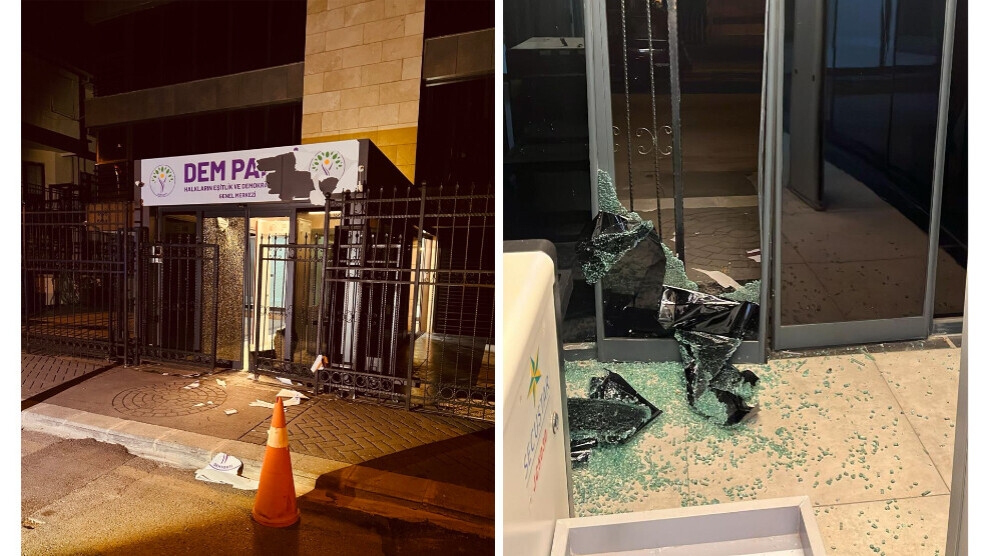 ANFANKARAFriday, 25 October 2024, The Peoples' Equality and Democracy Party (DEM Party) Headquarters building in Ankara was attacked last night.DEM Party Spokesperson Ayşegül Doğan wrote on her social media: "Our DEM Party Headquarters in Balgat, one of the busiest neighborhoods of Ankara, where many political parties have their headquarters, was attacked at midnight on Thursday."Doğan added: "As seen in the photos, the doors and windows were broken, and an attempt was made to take down our sign. We reiterate that this poor mentality that seeks provocations cannot intimidate or stop us. We call on the Minister of Interior Ali Yerlikaya to quickly take action to take the necessary precautions and to identify the attackers."
ANFANKARAFriday, 25 October 2024, The Peoples' Equality and Democracy Party (DEM Party) Headquarters building in Ankara was attacked last night.DEM Party Spokesperson Ayşegül Doğan wrote on her social media: "Our DEM Party Headquarters in Balgat, one of the busiest neighborhoods of Ankara, where many political parties have their headquarters, was attacked at midnight on Thursday."Doğan added: "As seen in the photos, the doors and windows were broken, and an attempt was made to take down our sign. We reiterate that this poor mentality that seeks provocations cannot intimidate or stop us. We call on the Minister of Interior Ali Yerlikaya to quickly take action to take the necessary precautions and to identify the attackers."
DEM Party calls for immediate halt to Turkish air strikes on Northern and Eastern Syria
The DEM Party called for an immediate halt to Turkish air strikes on the autonomous region of Northern and Eastern Syria: "Military operations against civilians violate international law."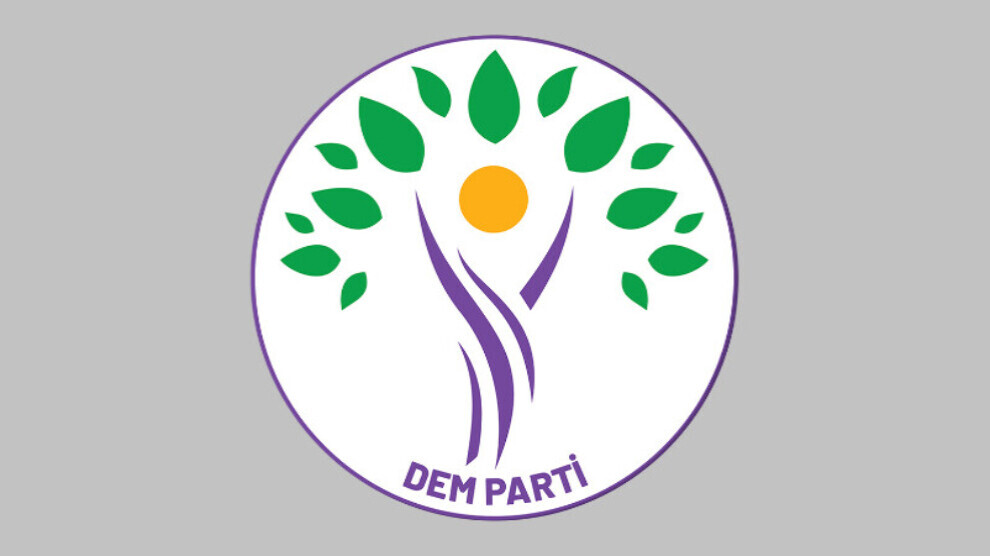 ANFANKARAThursday, 24 October 2024, 13:07The Peoples' Equality and Democracy Party (DEM) called for an immediate halt to Turkish attacks on the autonomous region of Northern and Eastern Syria.The party executive's statement said: "The air strikes launched after the attack on the TUSAŞ compound in Ankara-Kahramankazan will only exacerbate the violence in the region. The bombing of many centers in Northern and Eastern Syria, especially in Kobanê, is endangering the lives of civilians. The devastating effects of the war could be catastrophic for all parties in the region. Military operations targeting civilians also violate international law. The continuation of war and conflict will only cause more suffering and losses. We appeal to all parties to work for dialogue and peaceful solutions. The bombing of civilian habitats must stop immediately."
ANFANKARAThursday, 24 October 2024, 13:07The Peoples' Equality and Democracy Party (DEM) called for an immediate halt to Turkish attacks on the autonomous region of Northern and Eastern Syria.The party executive's statement said: "The air strikes launched after the attack on the TUSAŞ compound in Ankara-Kahramankazan will only exacerbate the violence in the region. The bombing of many centers in Northern and Eastern Syria, especially in Kobanê, is endangering the lives of civilians. The devastating effects of the war could be catastrophic for all parties in the region. Military operations targeting civilians also violate international law. The continuation of war and conflict will only cause more suffering and losses. We appeal to all parties to work for dialogue and peaceful solutions. The bombing of civilian habitats must stop immediately."
Turkey targets wheat warehouse in Kobanê, injures workers
The Turkish state targeted a wheat warehouse in Kobanê. Many workers were injured.
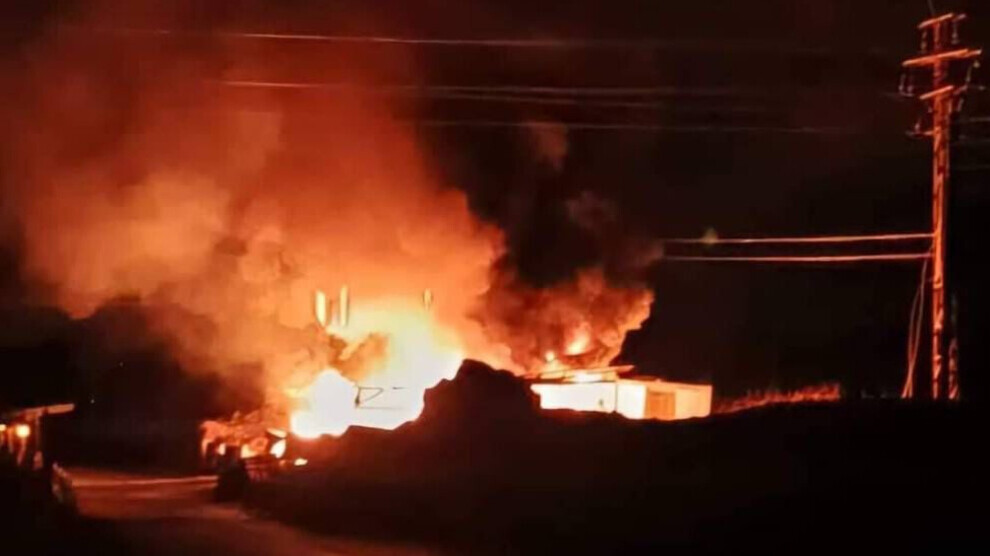 ANFNEWS DESKFriday, 25 October 2024, The occupying Turkish state bombed a wheat warehouse in the village of Rovî in Kobanê.It was reported that many workers were injured, one seriously, in the attack carried out by unmanned armed aerial vehicles.
ANFNEWS DESKFriday, 25 October 2024, The occupying Turkish state bombed a wheat warehouse in the village of Rovî in Kobanê.It was reported that many workers were injured, one seriously, in the attack carried out by unmanned armed aerial vehicles.
KDC-F: Stop Turkish state bombing of civilians in Rojava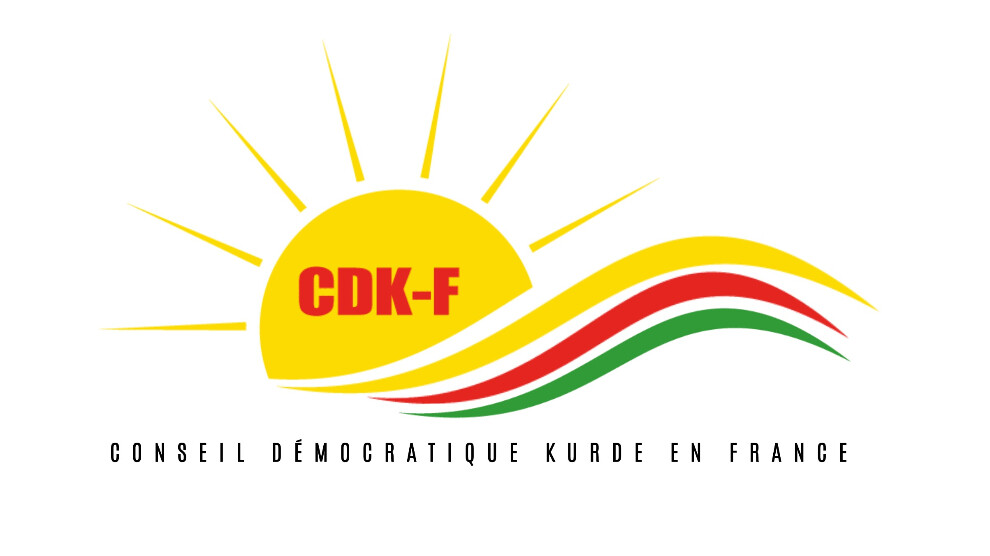 ANFPARISThursday, 24 October 2024, 17:42The Kurdish Democratic Council in France (KDC-F) issued a statement in which it "strongly condemns the deadly bombings carried out by the Turkish army in northern Syria, which have caused, according to initial reports, the death of more than 12 civilians, including children, and injured more than 25 other people. These bombings, which occurred after the attack on the headquarters of Turkey's defense industries near Ankara, are not only unjustified, but also constitute flagrant war crimes."The KDC-F added: "By targeting villages, civilian infrastructure and populated areas, Turkey is once again demonstrating its determination to break the legitimate resistance of the Kurdish people. These barbaric acts, which blindly strike children and civilians, reveal the Turkish government's war strategy of eradication."The statement continued "We denounce this unacceptable violence, which violates international law and humanitarian conventions. The KDC-F calls on the international community, as well as France and the International Coalition, to assume their responsibilities by intervening to put an end to these massacres and protect civilian populations."The KDC-F said that on Saturday, demonstrations will be organized throughout France, particularly in Paris, to denounce these bombings and express our solidarity with the victims and the Kurdish people.The Kurdish organization called "on French civil society to mobilize against these repeated attacks and to stand alongside the Kurdish people in their struggle for peace, justice and dignity."
ANFPARISThursday, 24 October 2024, 17:42The Kurdish Democratic Council in France (KDC-F) issued a statement in which it "strongly condemns the deadly bombings carried out by the Turkish army in northern Syria, which have caused, according to initial reports, the death of more than 12 civilians, including children, and injured more than 25 other people. These bombings, which occurred after the attack on the headquarters of Turkey's defense industries near Ankara, are not only unjustified, but also constitute flagrant war crimes."The KDC-F added: "By targeting villages, civilian infrastructure and populated areas, Turkey is once again demonstrating its determination to break the legitimate resistance of the Kurdish people. These barbaric acts, which blindly strike children and civilians, reveal the Turkish government's war strategy of eradication."The statement continued "We denounce this unacceptable violence, which violates international law and humanitarian conventions. The KDC-F calls on the international community, as well as France and the International Coalition, to assume their responsibilities by intervening to put an end to these massacres and protect civilian populations."The KDC-F said that on Saturday, demonstrations will be organized throughout France, particularly in Paris, to denounce these bombings and express our solidarity with the victims and the Kurdish people.The Kurdish organization called "on French civil society to mobilize against these repeated attacks and to stand alongside the Kurdish people in their struggle for peace, justice and dignity."
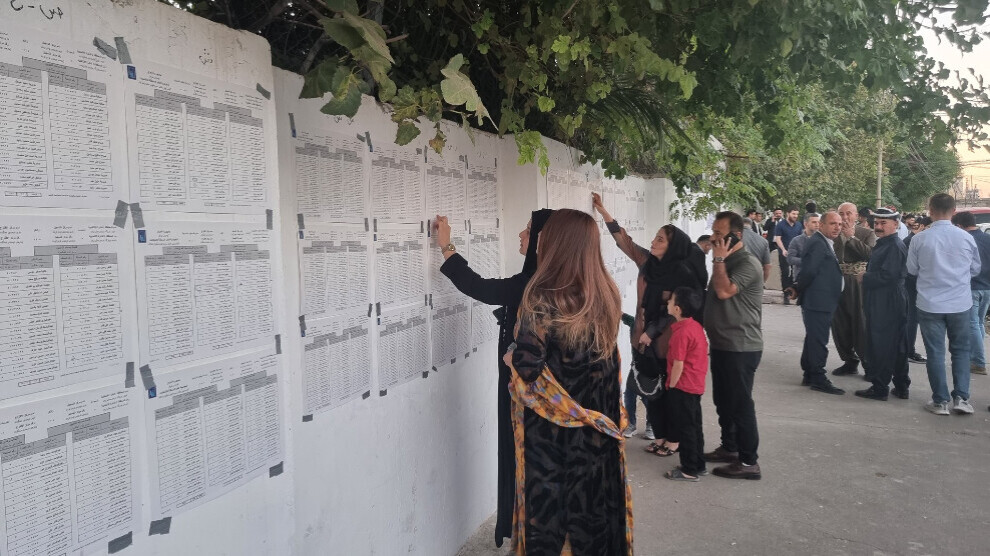
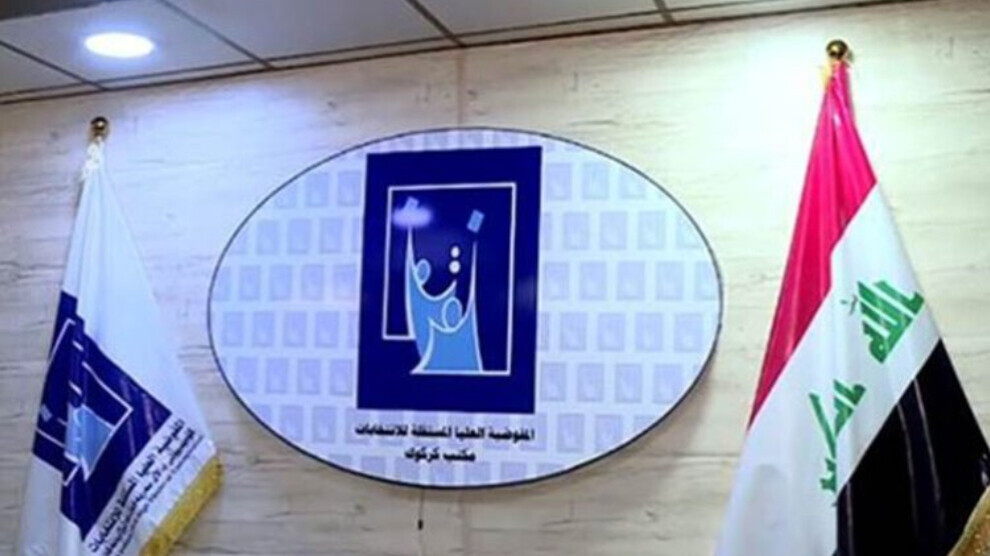

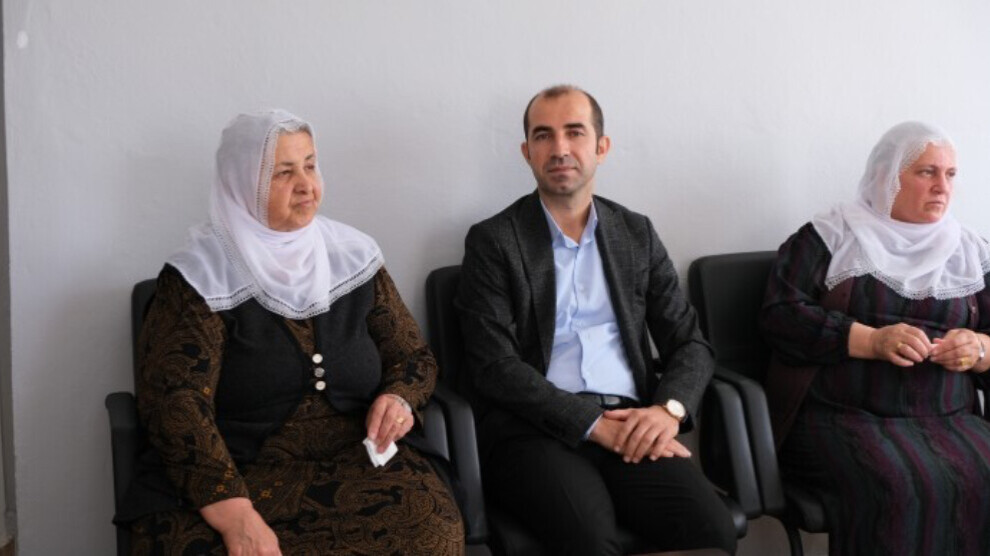
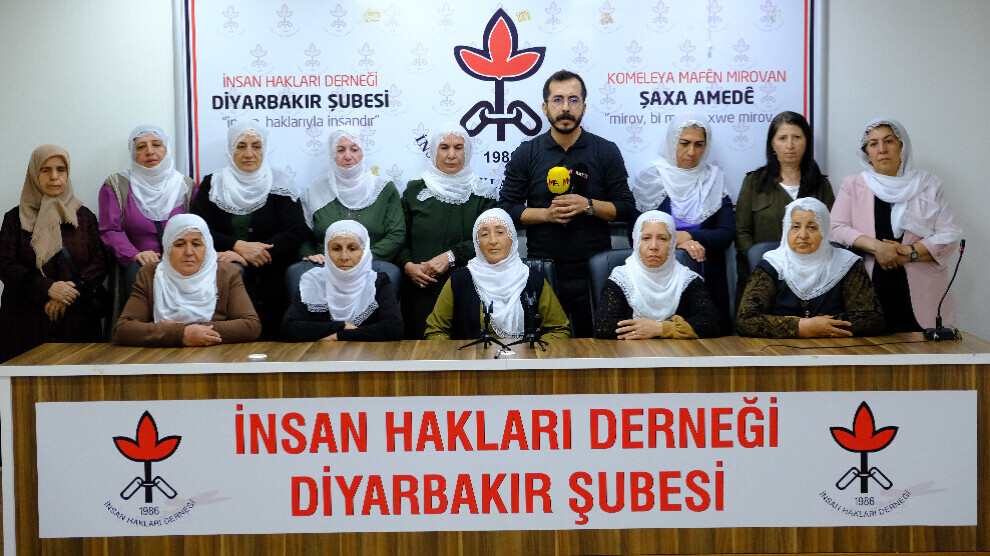
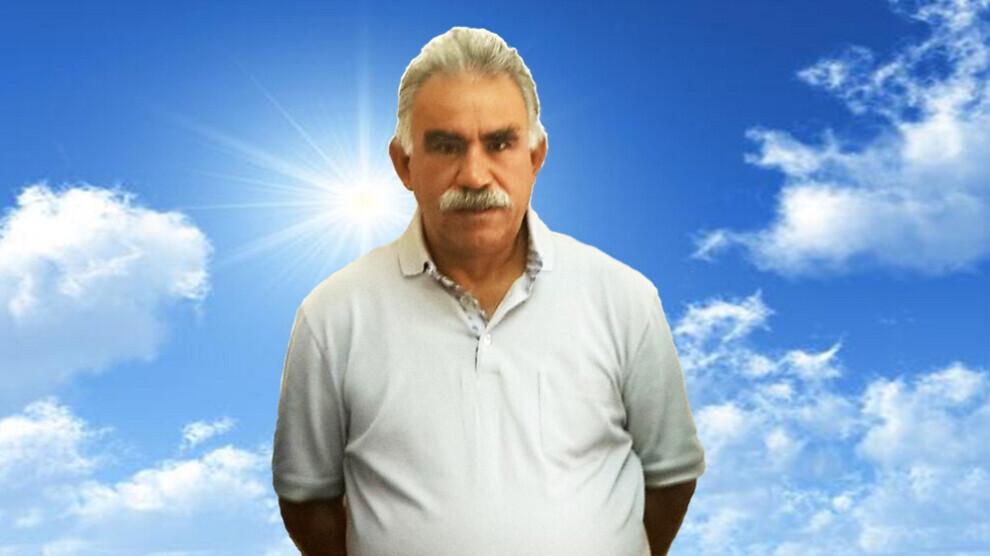
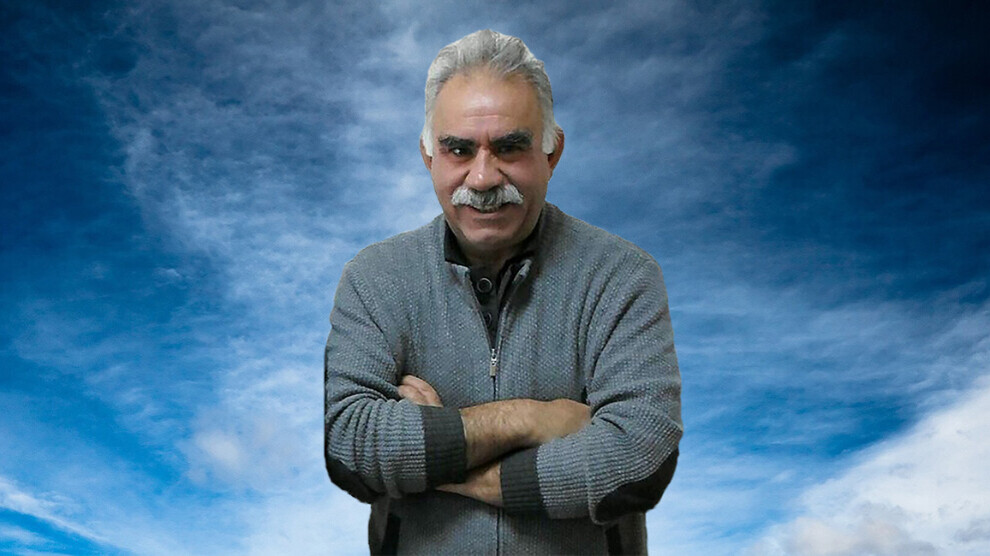
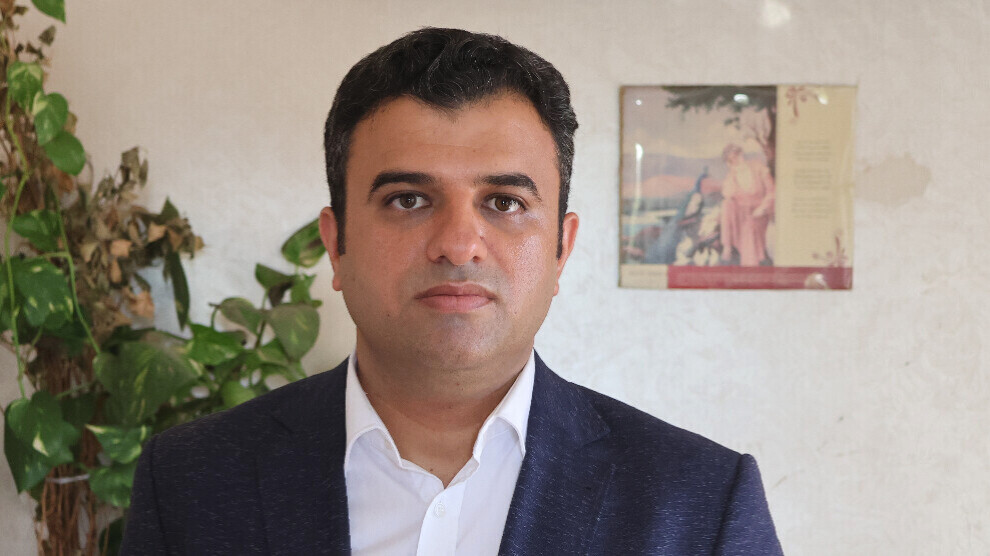
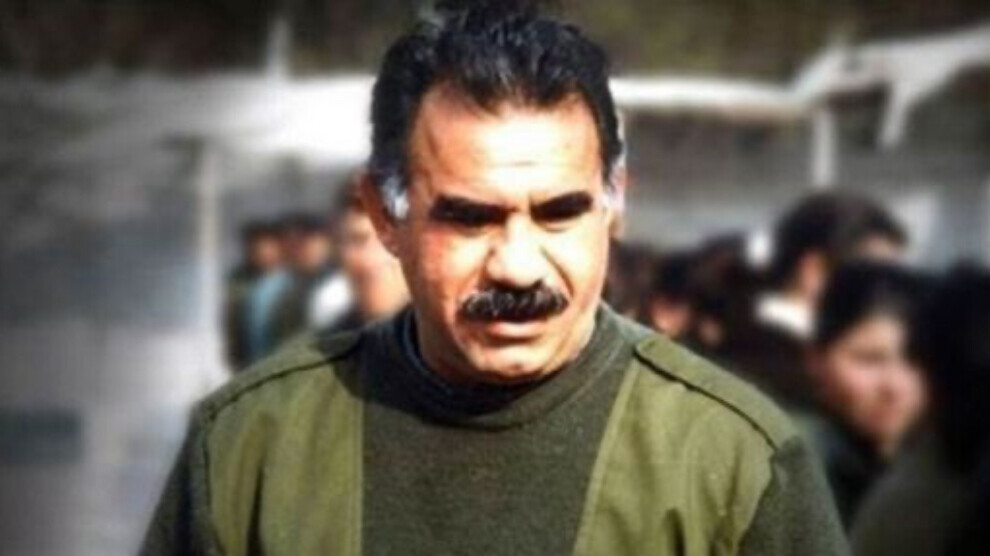
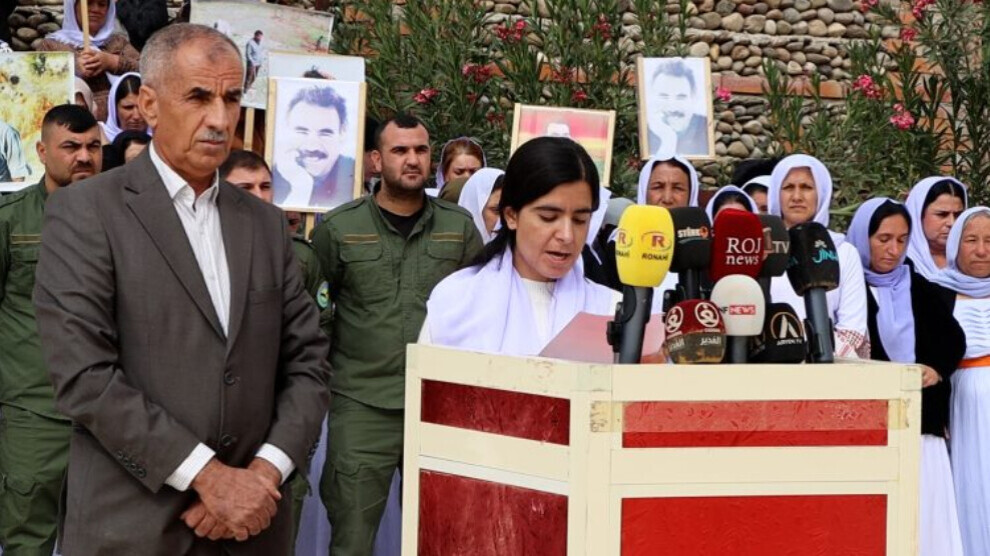
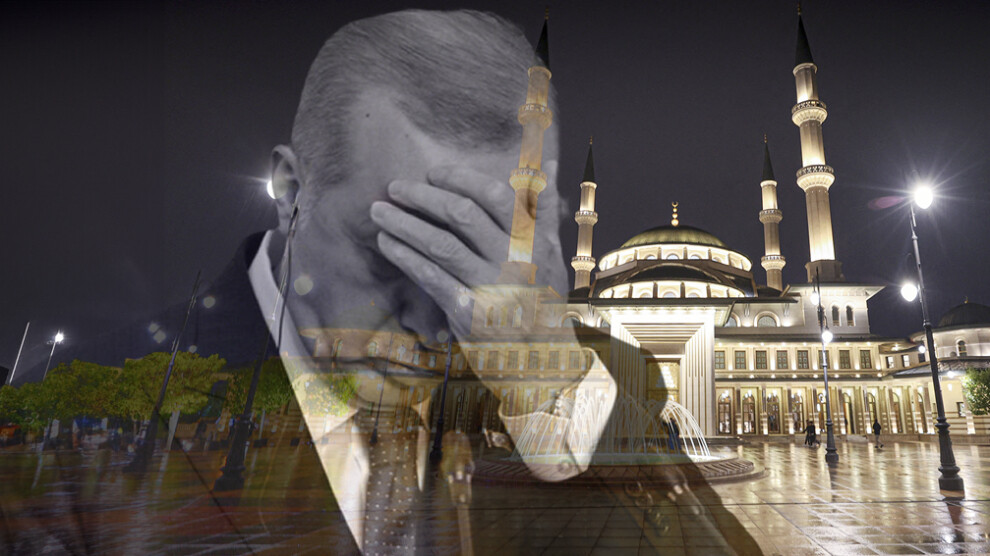
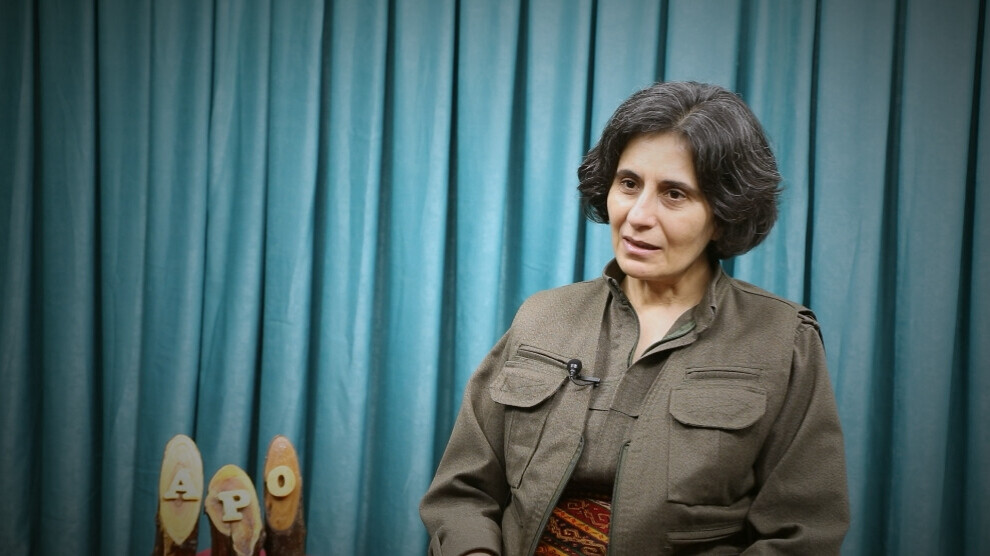




 Five people were killed in the attack, with taxi driver Murat Arslan shot dead by the attackers who stole his vehicle © Adem ALTAN / AFP
Five people were killed in the attack, with taxi driver Murat Arslan shot dead by the attackers who stole his vehicle © Adem ALTAN / AFP







